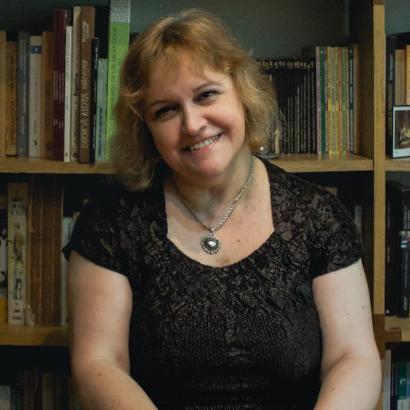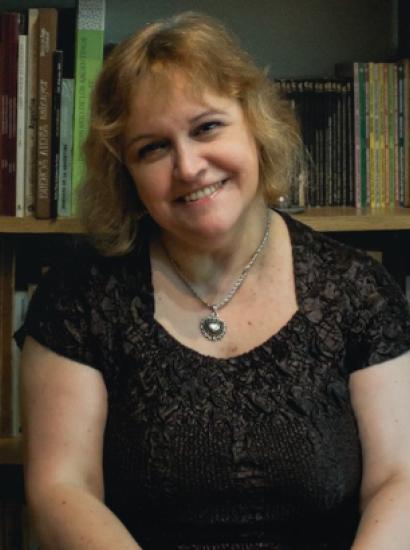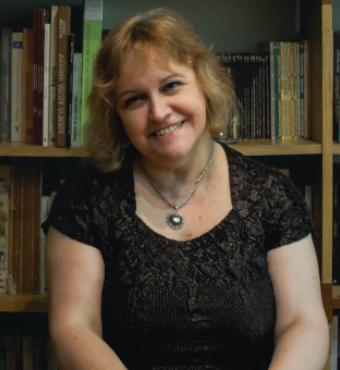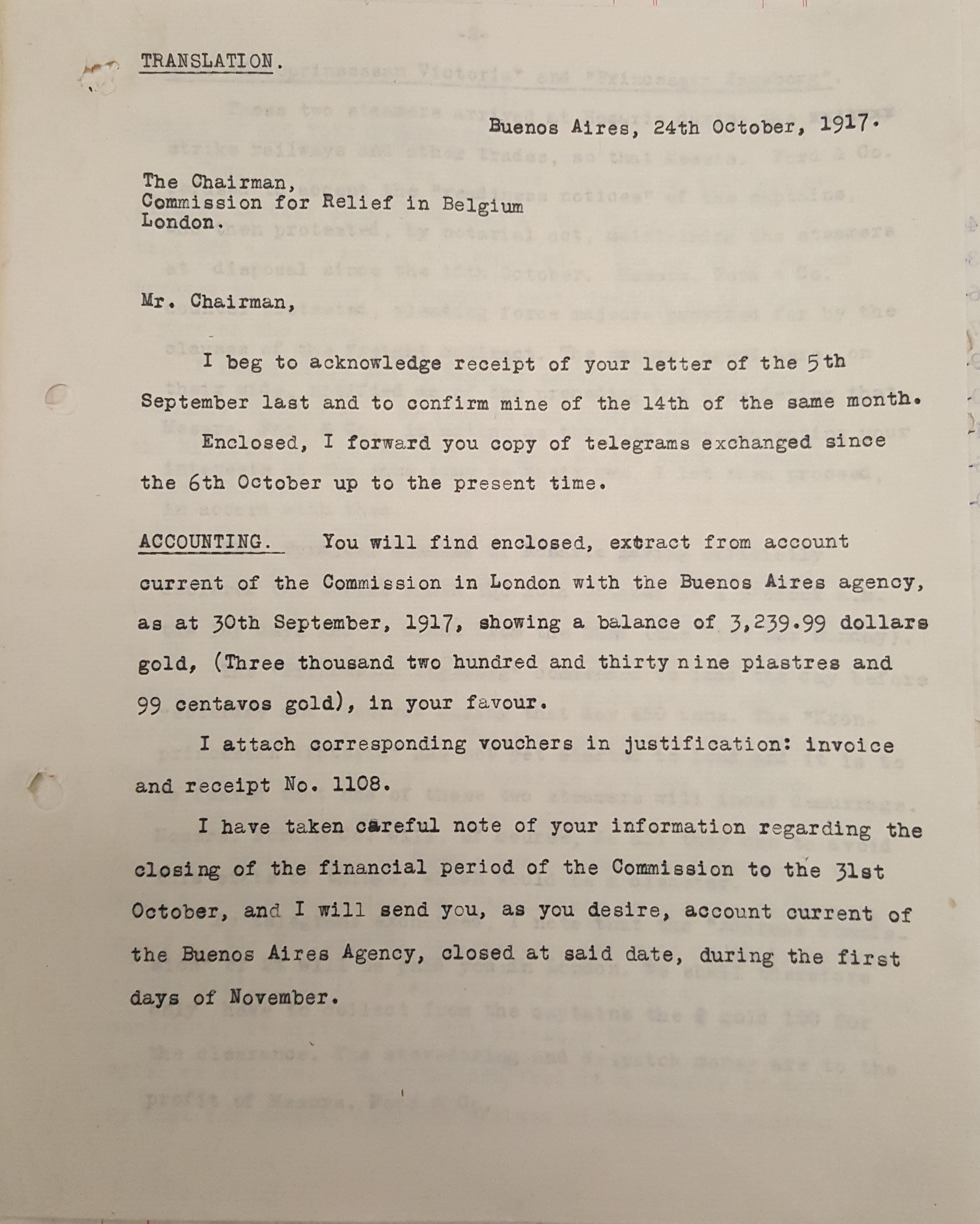
From February 27th, 2020, until March 11th, I made a research stay at the Hoover Institution Library and Archives as a Visiting Scholar. This is the report on my research project and experience during my visit.
The First World War represented a landmark in the development of humanitarianism, due to the unprecedented scale of destruction and mass violence unleashed by industrial warfare, affecting equally combatants and civilians. As a result, mitigating its effects required humanitarian aid in massive proportions, set into motion by complex national and transnational networks of solidarity.
Argentina participated in this global humanitarian action through numerous fundraising campaigns and the enlistment of women and men as volunteers to serve as doctors, nurses and stretcher-bearers in the battlefields. Like other Latin American countries, neutral Argentina was linked to Europe through strong historical, cultural, economic and demographic connections: It was a former colony of Spain; the United Kingdom’s major commercial partner in South America; the second immigration country in the Americas, behind the United States; and an ardent admirer of republican France. Consequently, the First World War had a deep impact at different levels, with the result of a high degree of social mobilization around the conflict and humanitarian activism. Likewise, Argentina was the scenery of the humanitarian campaigns organized by the immigrant communities of the belligerent countries residing there, which were strongly supported by the local population.
As part of a broader research on the impact of the Great War in Argentina and thanks to a Visiting Fellowship granted by the Hoover Institution, I had the opportunity to consult useful materials located at its library and archives. My project was entitled “Argentina’s humanitarian aid during the First World War and its aftermath in a transnational perspective”. It aimed to identify the connections of Argentine relief initiatives with those led by international organizations and the mechanisms and circuits of cooperation between them.
Among other invaluable primary sources preserved in this institution consulted during my research stay, I had access to the Commission for Relief of Belgium records (1914-1919). These papers allowed me to reconstruct the activities of its Argentine branch and the details of the donations collected in that country. On the other hand, I explored the American National Red Cross records and the Bulletin of the Insular and Foreign Division of this institution. These sources offered an insight into the activism of American citizens in South America, like fundraising to contribute to the United States’ war effort.
My visit to the Hoover Institution Library and Archives has been fruitful, and the findings they provided will be incorporated in papers and articles on Argentine humanitarianism that I intend to produce in the near future. I want to express my gratitude to the Institution’s authorities that granted me the Visiting Fellowship and the Library and Archives’ staff for its professionalism and assistance.
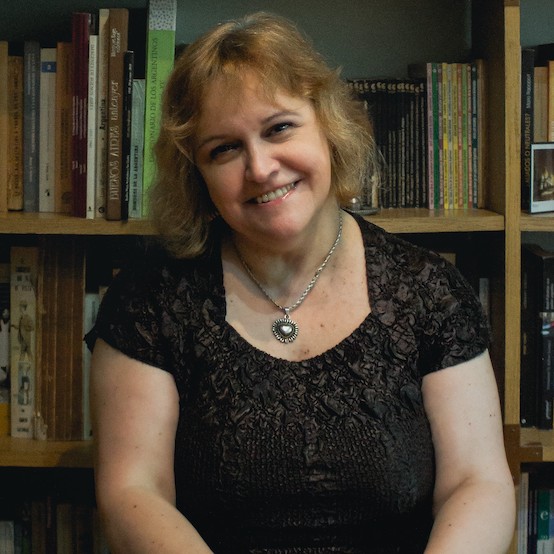
María Inés Tato PhD
After studying the Argentine right during the interwar period, I specialized in the social and cultural history of the war in twentieth-century Argentina, particularly the impact of the First World War and the Falklands/Malvinas War. As part of my interest in these topics, in 2013, I founded the Group of Historical War Studies (GEHiGue), which I coordinate at the Ravignani Institute.




